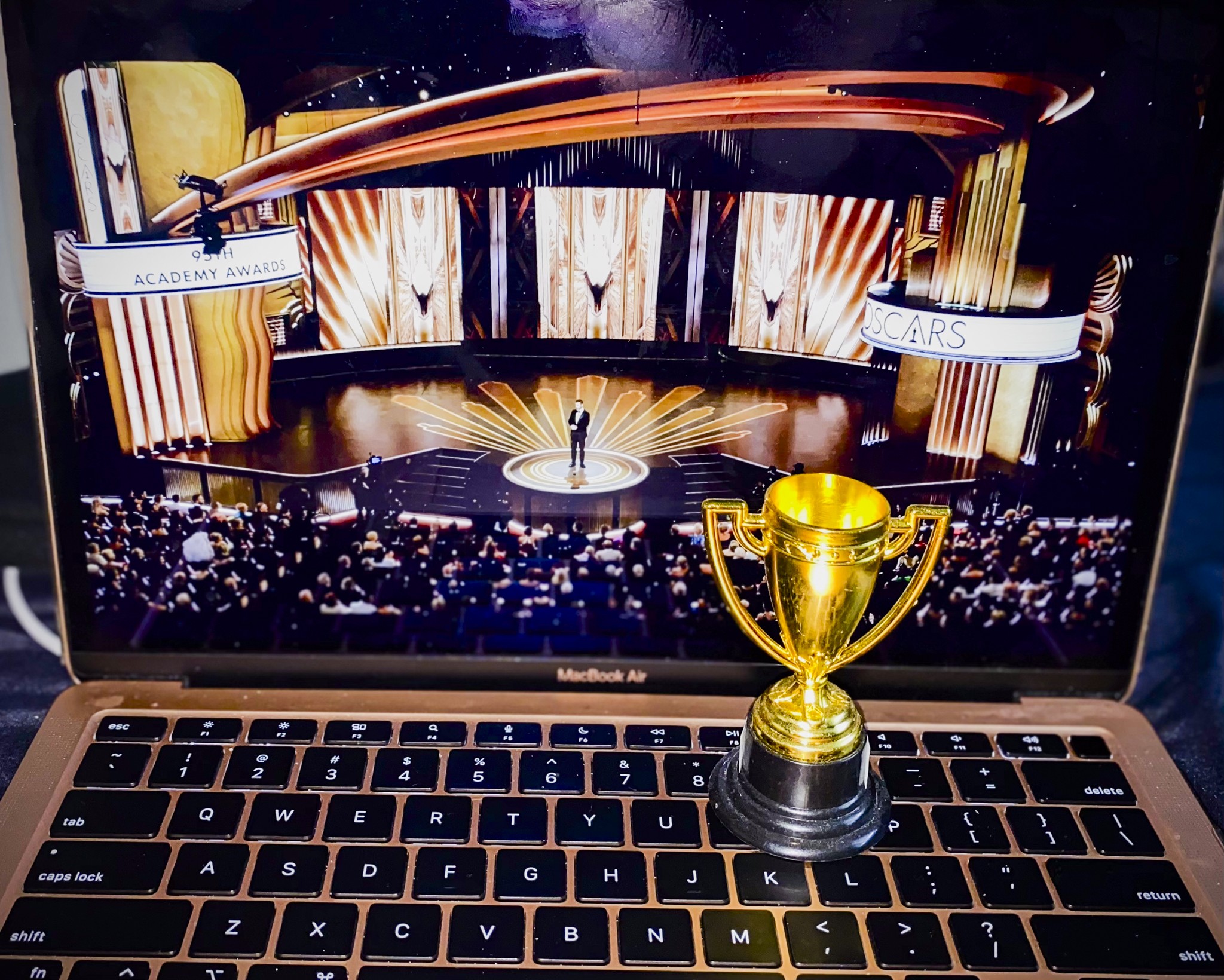Serena Anagbe / Photo Editor
The Oscars.
As it stands, there exists two Oscar writing categories: Original and Adapted. Fairly simple, but the academy takes these distinctions seriously. The rules about adaptations are so strict, in fact, that the 2016 winner, “Moonlight”, was placed in the adapted category simply for being derived from a play that was not produced.
The academy’s strategy is common sense, you can’t compare a screenplay that was adapted from a novel, article, short story or stage play, with something someone has built from the ground-up. Adaptations aren’t inherently easier per se, they are just a different ball game entirely.
The difficulty in adapting a novel, play or short story is in rearranging the pieces that have already been laid out and then turning them into a compelling movie script, which is a great deal harder than it sounds. A movie is about showing, not telling. Identifying the important information and drama within a text takes decades of experience and skill.
But if we’re going to be completely honest, we have to admit that just having those pieces to begin with makes the job very different. Adaptations allow the writer to utilize a lot of the heavy lifting original writers face, such as the creation of dialogue, situations, characters, subplot, etc. Yet, there is a clear lack of common sense when it comes to the academy’s acting categories because of this.
Don’t actors playing real people have to adapt their performances to accurately portray the person they’re playing as they really were? Didn’t Austin Butler, as great as he was, have the luxury of watching countless hours of footage of Elvis Presley to help him in his portrayal as the King of Rock and Roll? Didn’t Gary Oldman adapt his performance from Winston Churchill’s real-life mannerisms, inflections and movements, many of which were recorded in detail? Didn’t Forest Whitaker get to watch footage of Idi Amin before he won an Oscar for portraying him in 2006? Aren’t these award-winning performances adaptations? If so, why are we comparing them with actors/actresses who only had words on a page to work with and therefore, had to invent those things from their own imagination?
Yet every acting nominee gets lumped into the same five Best Actor/Actress/Supporting Actor/Actress categories and every year, we watch another one of them beat out the actors with great, interesting original characters. Even Quentin Tarantino rightfully pointed out that the biopic genre is an “excuse for actors to win Oscars”.
I’m not asking that every actor who delivers a great performance based off of a real person should be nominated. It would be hard to argue that Leonardo DiCaprio had a mountain of material to work with when he played Hugh Glass, an 18th century fur trapper, for his Oscar win. I’m just asking that if the academy can discriminate between original and adapted screenplays, why can’t it do so with acting?
This article was originally published in print Volume 23, Issue 1 on Thursday, Aug. 31.




